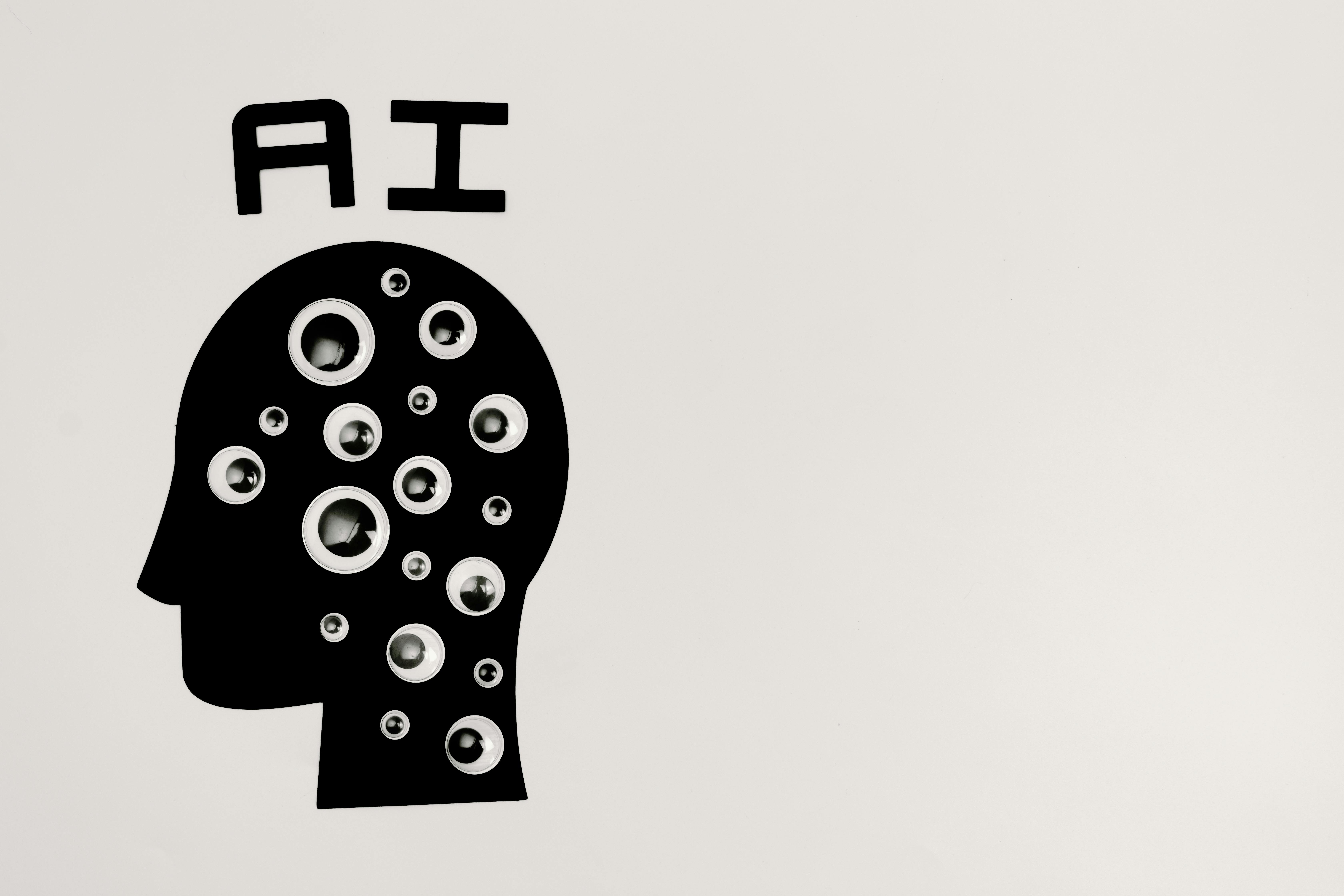AI’s Potential in The Fight Against Alcohol and Drug Abuse
By Steve Nyabuti and Maawiya Mohammed
Artificial Intelligence (AI) stands at the forefront of modern technological advancements, offering transformative solutions across various industries. From autonomous vehicles to intelligent virtual assistants, AI's potential to reshape society is undeniable. Yet, one area where its impact remains largely untapped is in the fight against alcohol and drug abuse. While AI has the capacity to revolutionize addiction treatment and prevention, its application in this critical realm remains underutilized.
One of the most promising aspects of AI in combating substance abuse lies in its ability to provide affordable and accessible treatment options for individuals grappling with substance use disorder (SUD). The exorbitant costs associated with traditional rehabilitation centers often present a significant barrier to those seeking help. However, through AI-powered telehealth platforms, chatbots, and virtual counseling services, individuals, particularly those from marginalized communities, can access timely assistance and support. These innovations can offer personalized treatment plans, daily motivation, and progress tracking, thereby enhancing treatment outcomes and accessibility.
Still in treatment, AI can analyze an individual’s history, genetics, and the severity of their addiction to develop a personalized treatment plan tailored to their needs. Each person's path to recovery is unique, with some requiring longer therapy periods or experiencing relapses. However, AI's personalized treatment plans can significantly increase the likelihood of success by addressing specific factors contributing to the individual's addiction and recovery journey.
Moreover, AI holds tremendous potential in predicting and preventing relapse among individuals in recovery. By analyzing vast amounts of data, including online behavior patterns and information keyed in to assess their current situations, AI algorithms can identify individuals at risk of relapse or substance use. Early intervention strategies can then be implemented to provide timely support and minimize the likelihood of relapse, ultimately improving long-term recovery outcomes.
Peer support is a crucial component of the recovery journey, offering individuals a sense of community, understanding, and encouragement. AI-powered platforms can facilitate connections between individuals with shared experiences, fostering a supportive environment conducive to recovery. These digital communities provide valuable emotional support, guidance, and accountability, strengthening individuals' resolve to overcome addiction.
Furthermore, AI can play a crucial role in substance use and public health surveillance. AI algorithms can monitor and analyze data from social media and other digital sources to detect trends in drug use, emerging substances, and places of distribution, facilitating prompt responses. Additionally, AI can dissect public perceptions of substance use, allowing for targeted efforts to change negative perceptions or reinforce positive ones. This capability enables authorities to make informed decisions based on public feedback, enhancing strategies in the ongoing fight against alcohol and drug abuse.
In conclusion, the integration of AI into the fight against drug abuse holds immense promise for transforming addiction treatment, prevention, and control. By leveraging AI's capabilities, we can enhance accessibility, effectiveness, and efficiency in combating substance abuse, ultimately leading to healthier and safer communities. Embracing AI as a valuable ally in this critical endeavor will empower individuals, healthcare professionals, and policymakers to address the complexities of addiction with precision and efficacy, driving meaningful change in the fight against substance abuse.

